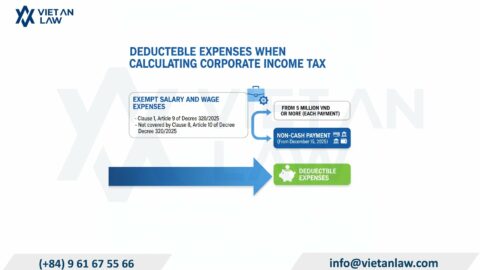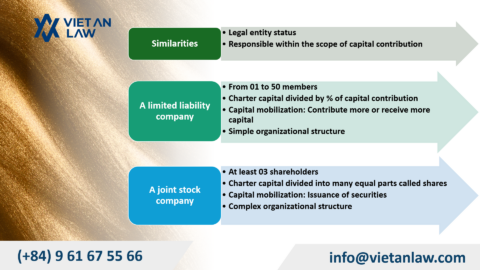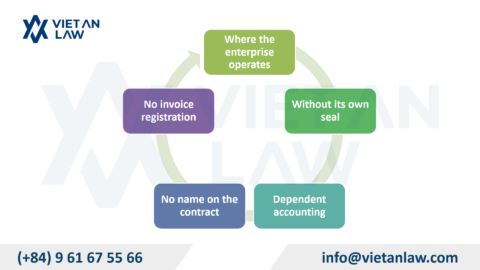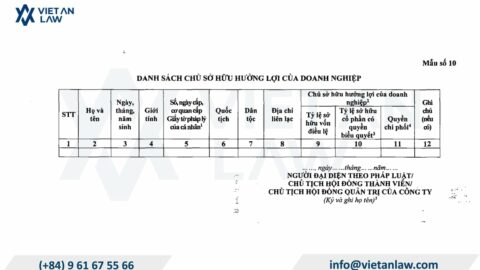Participating in social insurance is one of the fundamental rights afforded to employees. Social insurance is a State policy aimed at partially compensating for the economic loss employees incur when they are unable to work under circumstances defined by law. Accordingly, employees’ wages serve as the basis for calculating social insurance contributions. Please refer to the following guide to calculate salary paid for social insurance in Vietnam from Viet An Law – Tax Agent.
Table of contents
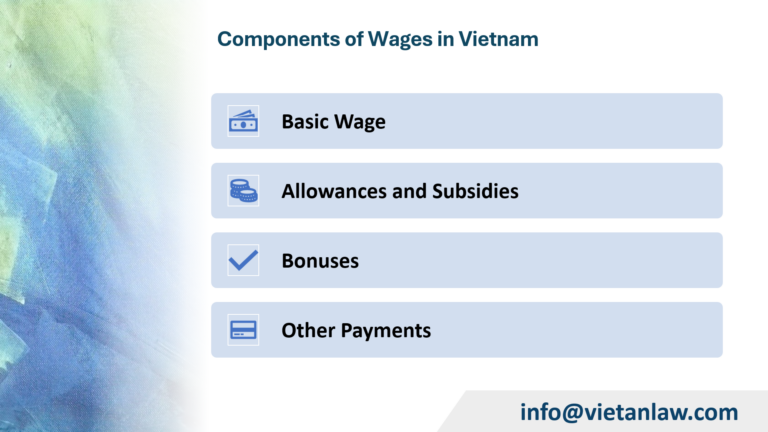
Pursuant to Article 90 of the Vietnam Labor Code 2019, wages are defined as follows:
“Wages are the monetary amounts paid by employers to employees under an agreement for performing work, including the wage for the job or position, wage allowances, and other additional payments.”
Thus, employees’ wages comprise the following:
The Social Insurance Law 2014 identifies two categories of employees when calculating wages for social insurance contributions: Employees subject to the wage regime set by the State and employees subject to the wage regime set by the employer:
The State-prescribed wage regime refers to the calculation of wages for employees based on statutory regulations for wage grades and levels. This regime typically applies to officials, civil servants, and public employees.
According to Clause 1, Article 89 of the Social Insurance Law 2014, in this case, the monthly wage used as the basis for social insurance contributions includes the wage determined by grade, level, military rank, and allowances for position, seniority exceeding the bracket, and professional seniority (if applicable).
However, for individuals working on a part-time basis in communes, wards, and townships, the monthly wage for social insurance contributions is based on the statutory base salary.
For employees working under an employer-determined wage regime, the wage for social insurance contributions must comply with Article 90 of the Labor Code 2019 and must not be lower than the regional minimum wage specified in Decree 74/2024/ND-CP:
| Monthly Minimum Wage | Hourly Minimum Wage | |
| Region | 4,960,000 VND per month | 23,800 VND per month |
| Region I | 4,410,000 VND per month | 21,200 VND per month |
| Region II | 3,860,000 VND per month | 18,600 VND per month |
| Region III | 3,450,000 VND per month | 16,600 VND per month |
According to Clause 2, Article 89 of the Social Insurance Law 2014 and Article 17 of Decree 115/2015/ND-CP, in this case, the monthly wage for social insurance contributions includes:
For business managers who receive a salary, social insurance contributions are based on the wage set by the enterprise, except for full-time managers in State-owned single-member limited liability companies.
For cooperative managers, contributions are based on the wage decided by the members’ assembly.
As mentioned above, wages for social insurance contributions for employees under the employer-determined wage regime include certain allowances that are subject to or exempt from social insurance contributions. Specifically:
Examples: Seniority allowance, position allowance, hazardous work allowance.
Examples: Performance bonuses, fuel allowances, birthday gifts.
According to Clause 1, Article 90 of the Labor Code 2019, an employee’s actual wage includes the basic wage, allowances, and other additional payments. However, not all allowances are included in the wage for social insurance contributions.
Therefore, social insurance contribution wages are often lower than actual earnings. This does not automatically constitute a violation unless the employer fails to declare the appropriate components subject to social insurance contributions.
The above provides a legal guide to calculate salary paid for social insurance in Vietnam. For any further legal support, please contact Viet An Law – Tax Agent for timely assistance.
